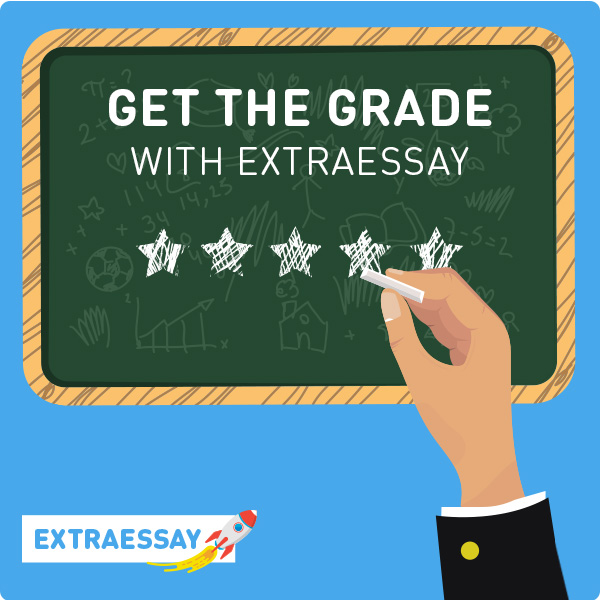 |
| Image courtesy of iosphere at FreeDigitalPhotos.net |
In the first place, I utilize the web for research constantly. Indeed, even Wikipedia. The main expertise in research is tracking down great, reliable data. You can do this on the web as well as in a library. The benefit to a library is that practically the data accessible has proactively been all assessed as dependable, while on the web you are all alone. Keep in mind, anybody can set up a site. They can give it a sensible sounding name, for example, "Organization for Environment Assessment" and afterward set up the most trash data possible. So you must be cautious who you get data from on the web.
Educators appear to can't stand Wikipedia. They frequently express that this is on the grounds that data on Wikipedia can change and the editors are unknown. There is no focal power. Yet, this is babble. Wikipedia comprises of a local area of individuals who are unequivocally devoted to truth and exactness. At the point when I need a speedy comprehension of a subject, I go to Wikipedia. In any case, I wouldn't refer to Wikipedia as a source in an exploration project since it is, best case scenario, an optional source. That implies rehashing data has been created by specialists elsewhere. That elsewhere is normally a companion checked on diary article. It very well may be accessible on the individual site of a scientist at a college. It is vastly improved to go to the first source.
That's what the issue is on the off chance that you are in secondary school and you are doing an exploration project, the profundity of information you are supposed to create is a lot of lower than that of a PhD in the branch of knowledge. Your perusing abilities are not created to the college level. You might not approach peer-explored diaries, which you could overcome college libraries, yet secondary school libraries don't have the assets to buy into. Along these lines, it is a lot harder for you to get to and assess unique sources.
The sources in your school library are intended for your understanding level. They are intended for your insight level. They are coordinated for your utilization, and the curator is there to help you. As a matter of fact the simplest method for doing the exploration is to go to the library and request that the bookkeeper help you.
Composing a hunt term (is it the right inquiry term?) into Google gives you a large number of sites to browse. I have no question the right data is there, yet could you at any point track down it? You might have to swim through many locales to find what you are searching for. It's more similar to searching for an extremely elusive little thing.
It is helpful to Utilize the web. In the event that it's Sunday night and your article is expected on Monday, it's all you have. In any case, on the off chance that you make some little memories, utilizing the skill of your bookkeeper ought to be an easy decision.
Research Sources: Navigating the Pros and Cons of Using the Library and Internet - Hello friends Service for writing essays, On the Article you are reading this time with the title Research Sources: Navigating the Pros and Cons of Using the Library and Internet, We have prepared this article well for you to read and retrieve the information in it. hopefully the contents of the post
Article education,
Article Essay writing,
Article persuasive essay,
Article research, you can understand what we wrote. all right, happy reading.Title : Research Sources: Navigating the Pros and Cons of Using the Library and Internet
link : Research Sources: Navigating the Pros and Cons of Using the Library and Internet




0 Comments